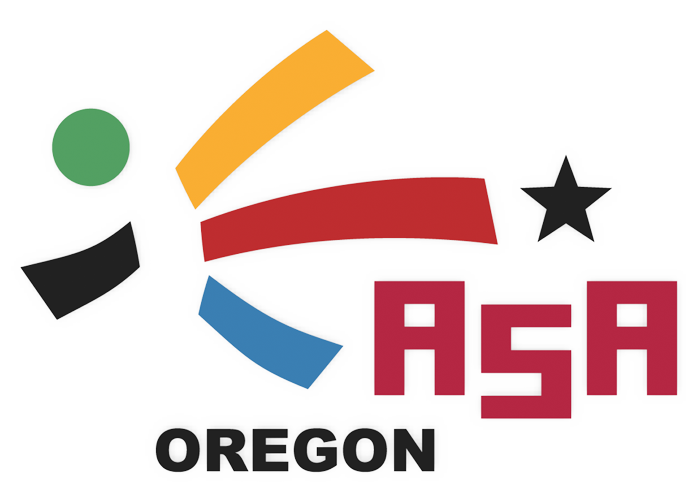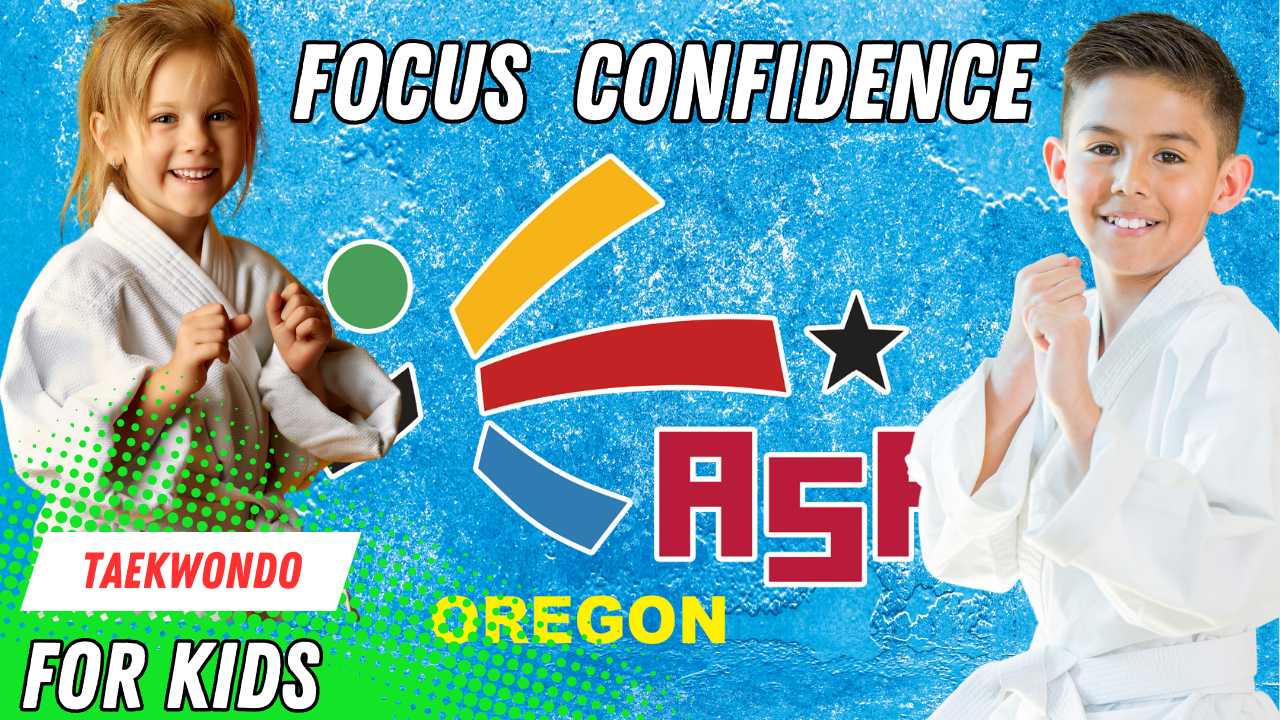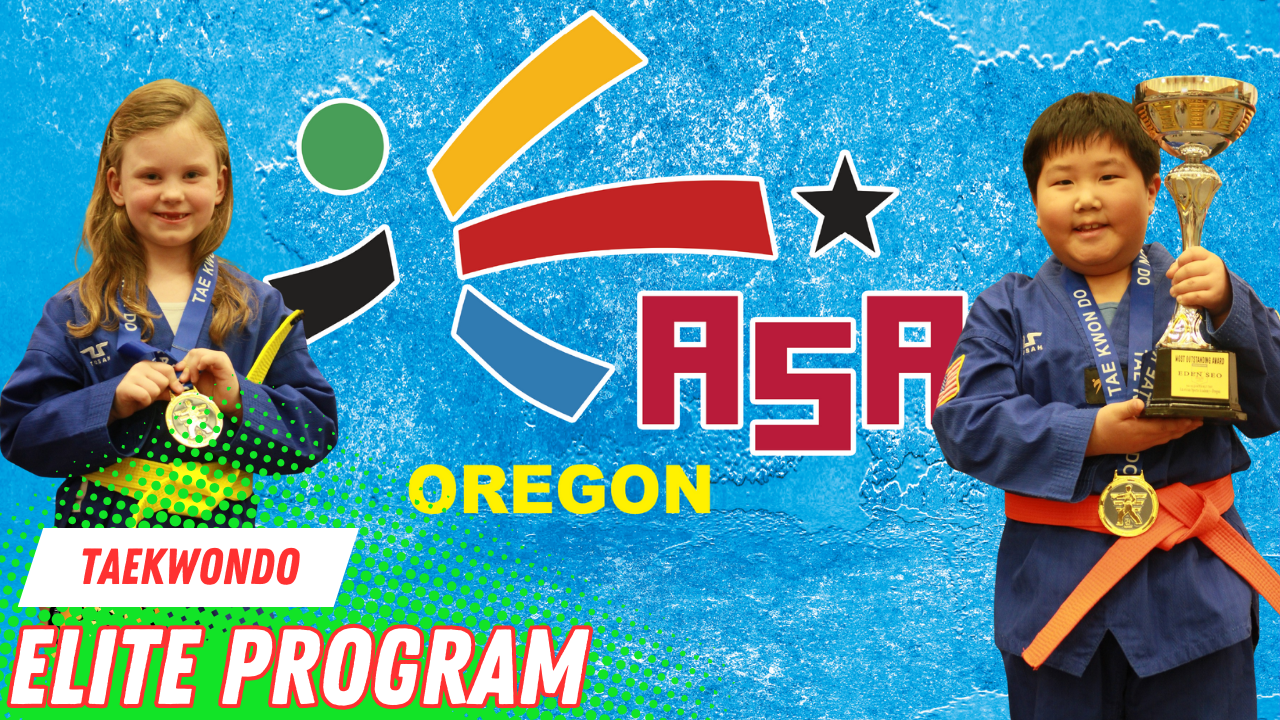Taekwondo for Kids 5 & Up
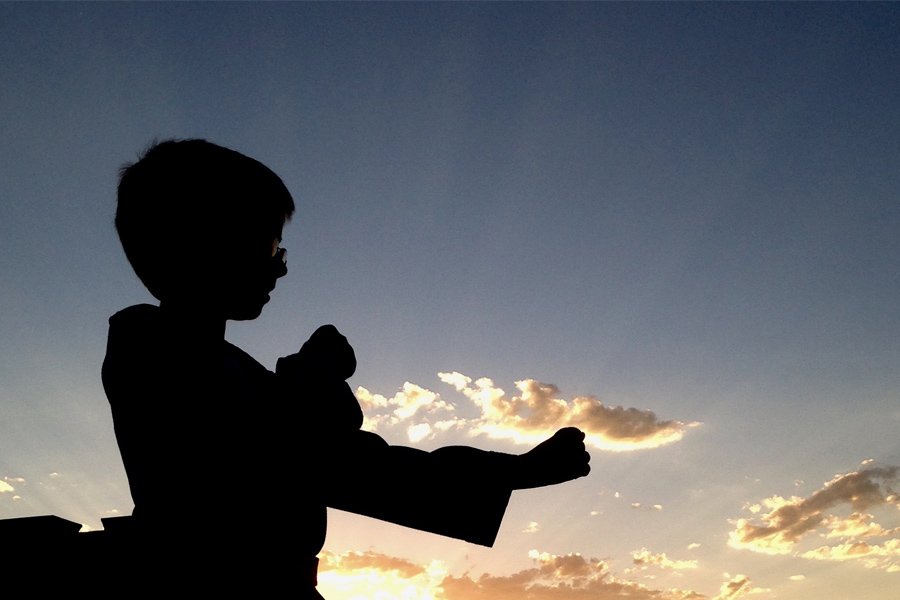
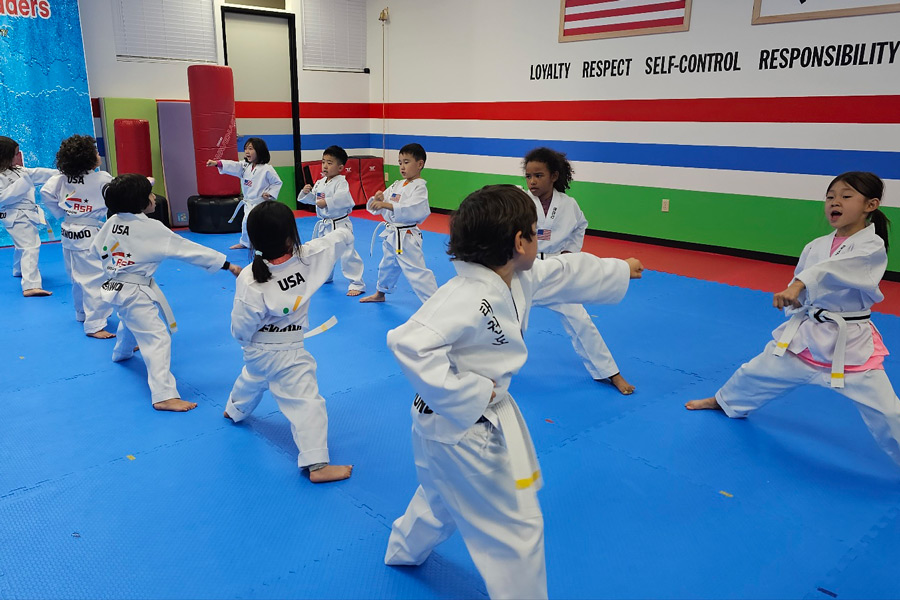
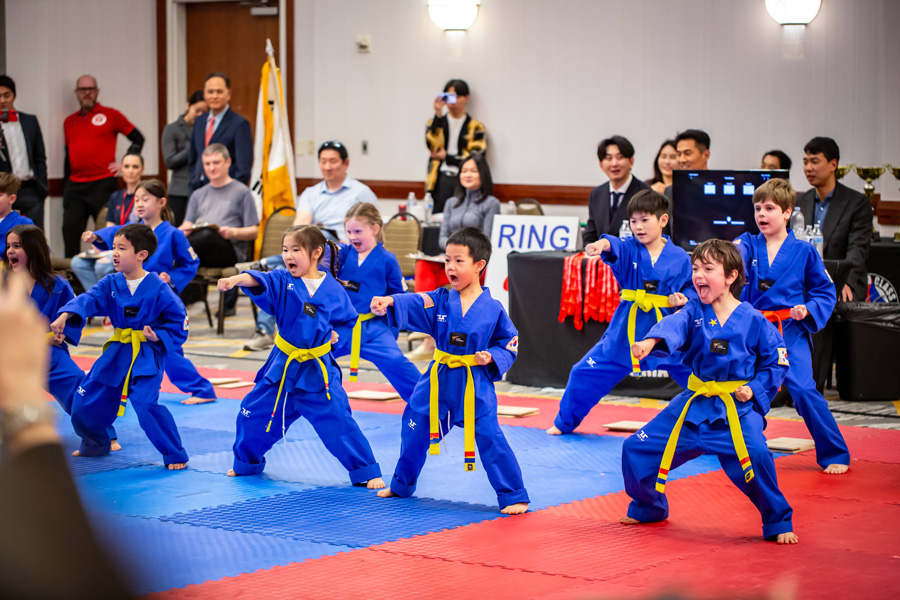
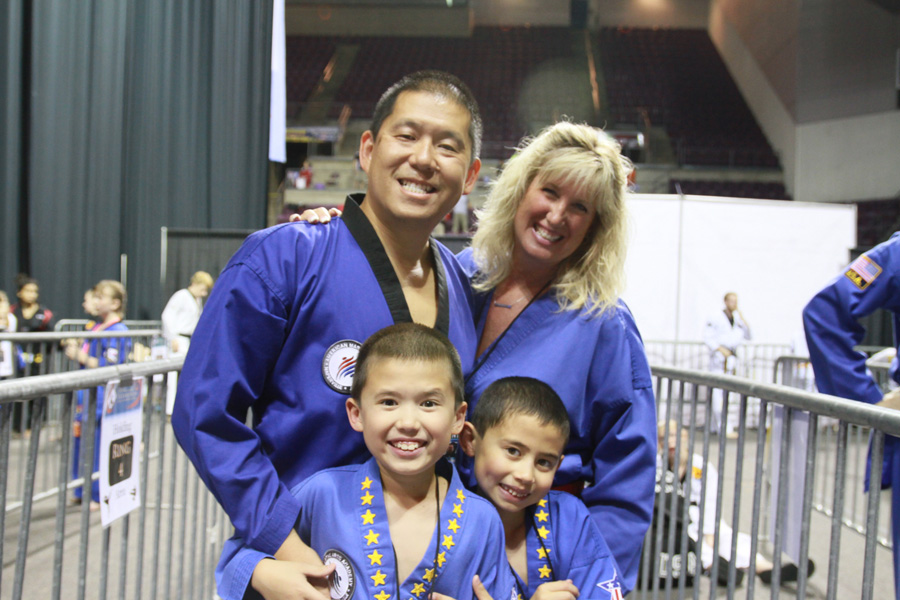
Self-defense
Recreational martial arts can provide practical self-defense skills and techniques that can help individuals feel more confident and prepared in potentially dangerous situations.Recreational martial arts offer more than just physical exercise and self-discipline – they can also equip individuals with practical self-defense skills and techniques that can be utilized in potentially dangerous situations, providing a sense of empowerment and preparedness that can carry over into other aspects of their lives. Through consistent training and practice, recreational martial artists can develop a heightened awareness of their surroundings, as well as the ability to react quickly and effectively to physical threats, helping them to feel more confident and secure in their daily lives.
Character building
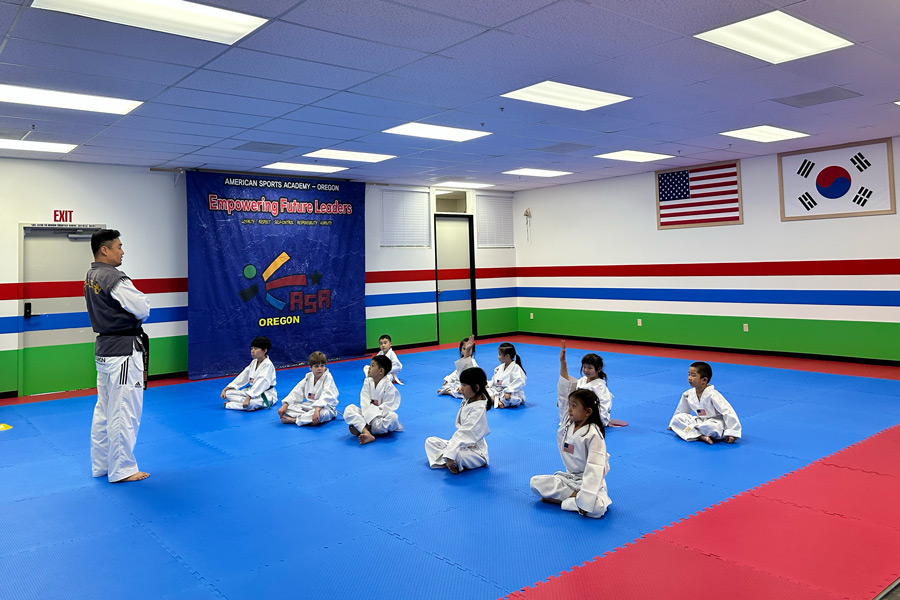
Anti-bullying
Recreational martial arts can help prevent bullying by teaching individuals how to handle conflicts and defend themselves without resorting to violence. Martial arts training can also help individuals develop empathy and respect for others.Recreational martial arts can play a vital role in preventing bullying by equipping individuals with the skills and mindset needed to handle conflicts in a non-violent manner and defend themselves against physical or verbal aggression. By teaching students to use techniques such as redirection and de-escalation, martial arts instructors can help instill in them the confidence and awareness necessary to avoid confrontation whenever possible, as well as the ability to protect themselves and others if necessary. Through interactions with their instructors and fellow students, individuals can learn to appreciate and value the diverse backgrounds, perspectives, and abilities of others, building a strong foundation of mutual respect and understanding. These character-building benefits of martial arts can be especially valuable for children and teenagers, who may be more vulnerable to bullying due to their age or other factors. By providing a safe and supportive environment for learning and growth, recreational martial arts can help create a culture of kindness and respect that extends far beyond the dojo.
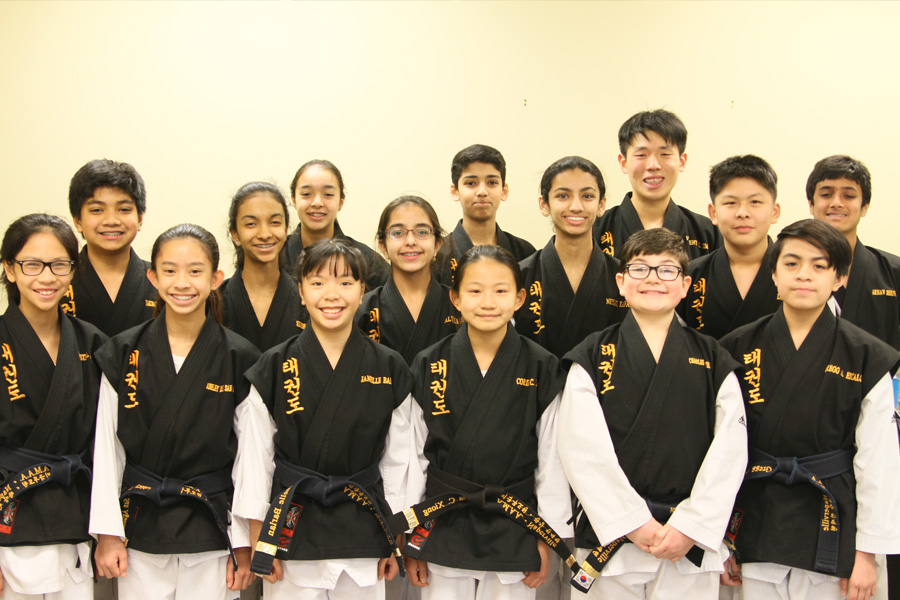
Physical fitness
Recreational martial arts can provide a fun and challenging way to improve overall physical fitness, including strength, endurance, flexibility, and balance.Participating in recreational martial arts is not only a fun and engaging hobby, but it can also provide individuals with a comprehensive workout that can help to improve their overall physical fitness. Martial arts training can be a challenging and dynamic way to build strength, endurance, flexibility, and balance, all while learning valuable self-defense skills and techniques. Through regular practice, individuals can expect to see improvements in their cardiovascular health, muscular endurance, and range of motion, as well as enhanced coordination and balance. Whether practicing striking techniques, grappling, or forms, recreational martial arts offers a full-body workout that is both challenging and rewarding, making it an excellent choice for individuals looking to enhance their physical fitness and overall well-being.
Mental health
Recreational martial arts can promote mental health and well-being by reducing stress and anxiety, improving focus and concentration, and boosting self-esteem.The benefits of recreational martial arts extend beyond just physical fitness and self-defense, as it has been shown to be an effective tool for promoting mental health and well-being as well. Regular martial arts training can help to reduce stress and anxiety levels, as the physical activity and mental focus required during training can serve as a form of meditation or mindfulness practice. Additionally, martial arts training emphasizes the importance of mental toughness and perseverance, which can help to improve focus and concentration, both on and off the mat.
Teamwork and socialization
Recreational martial arts can provide opportunities for individuals to work with and learn from others, improving teamwork and socialization skills.Recreational martial arts not only offer individuals an opportunity to improve their physical fitness and learn self-defense techniques, but it can also provide valuable social benefits by creating opportunities for individuals to work with and learn from others in a supportive and collaborative environment. By participating in group classes or sparring sessions, individuals can develop important teamwork and socialization skills, such as effective communication, leadership, and conflict resolution. Whether participating in group drills, practicing partner techniques, or engaging in friendly competition, recreational martial arts can foster a sense of camaraderie and belonging among its practitioners, creating a positive and supportive community that extends beyond the dojo. These social benefits of recreational martial arts can be especially valuable for children and teenagers, who may struggle with social isolation or other challenges in their personal lives. By providing a safe and welcoming space for learning and growth, martial arts can help to improve social skills and self-confidence, which can have a lasting positive impact on an individual’s well-being.
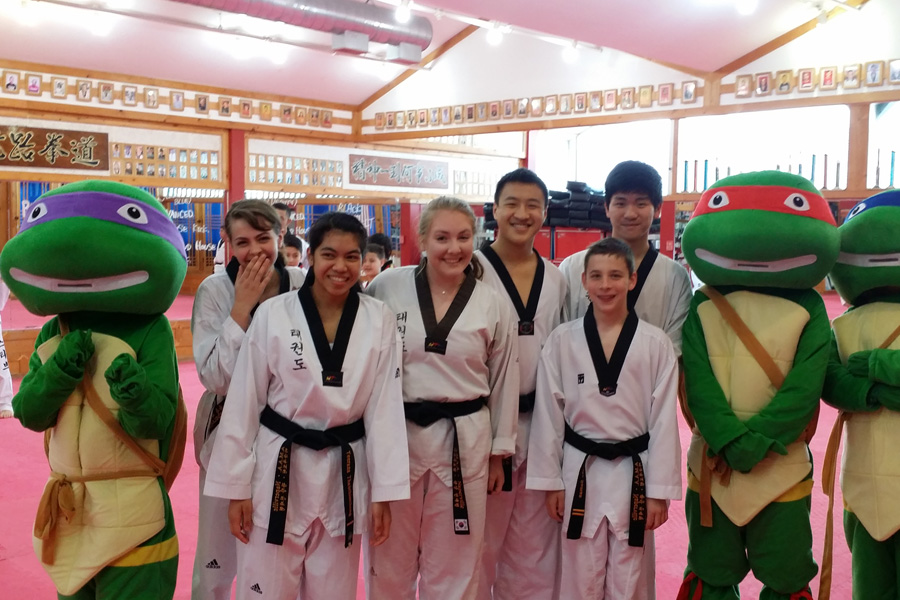
Cultural awareness
Recreational martial arts can expose individuals to different cultures and traditions, promoting respect and understanding for diverse communities.In addition to the physical, mental, and social benefits that recreational martial arts can provide, it can also offer individuals a unique opportunity to explore and appreciate different cultures and traditions from around the world. Martial arts have a rich and diverse history, with many styles originating in different countries, each with their unique customs and practices. Through martial arts training, individuals can learn about the cultural origins and significance of various techniques and forms, as well as the values and philosophies that underpin them. This exposure to different cultures can help to promote respect and understanding for diverse communities, fostering a sense of global citizenship and intercultural competence. By embracing and celebrating diversity, recreational martial arts can help to promote a more inclusive and compassionate society, where individuals are encouraged to learn from one another and work together towards a common goal. Overall, recreational martial arts can offer a wide range of benefits beyond just physical fitness, including self-defense, character building, and anti-bullying. These benefits can help individuals develop important life skills and improve their overall well-being.
Special Programs
Special programs at ASA guides students to become physically, mentally and socially well-rounded individuals.
